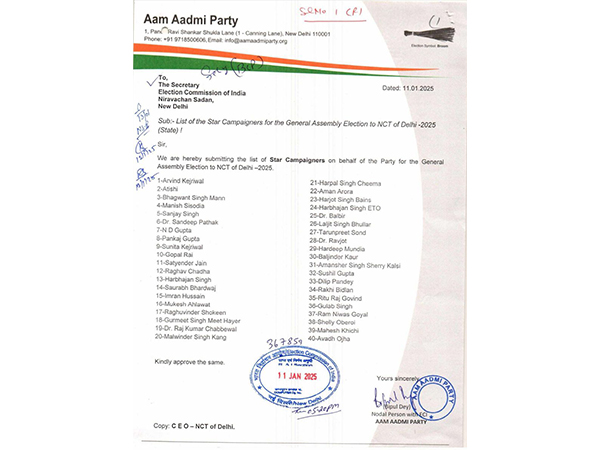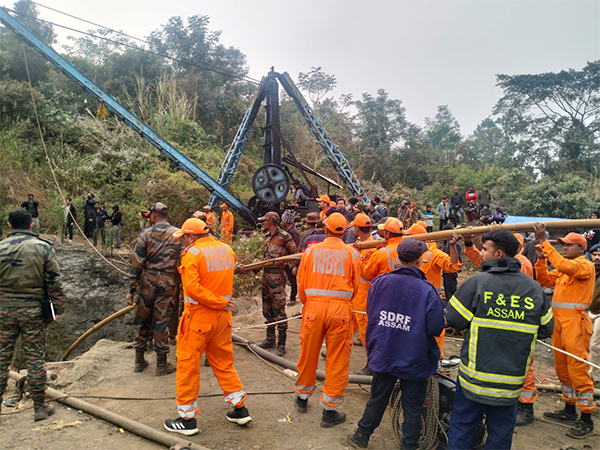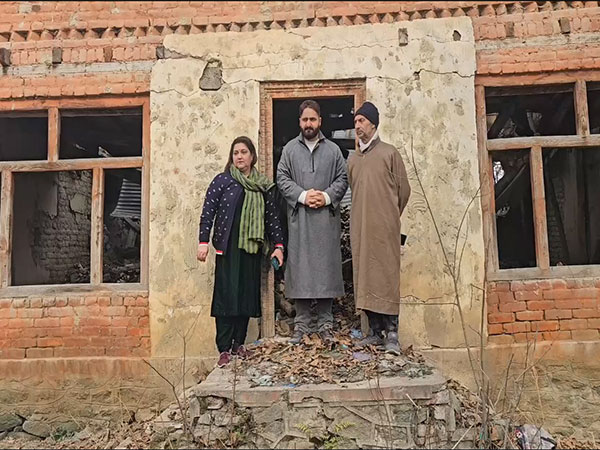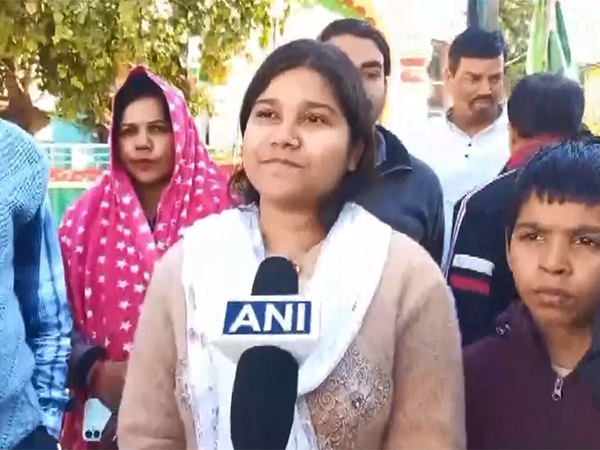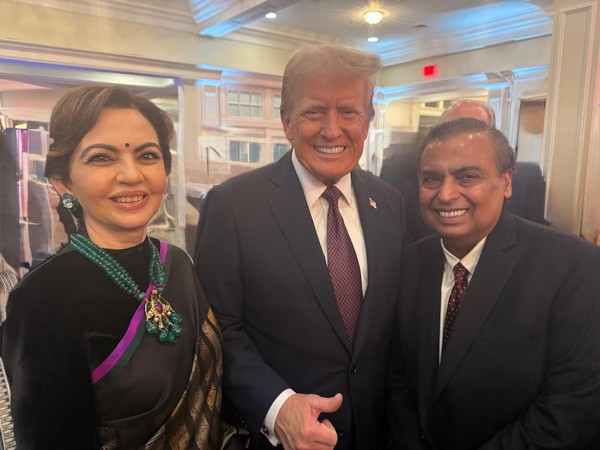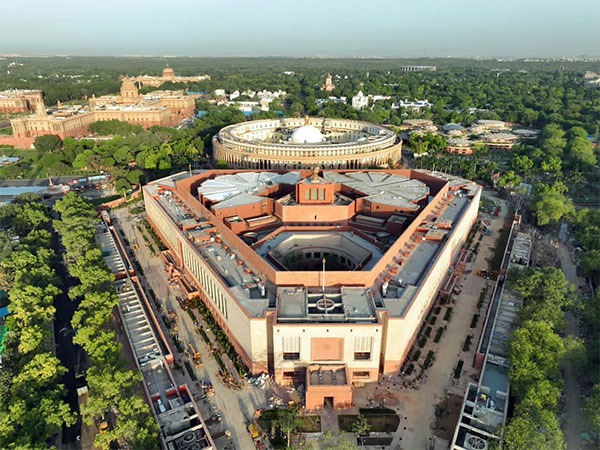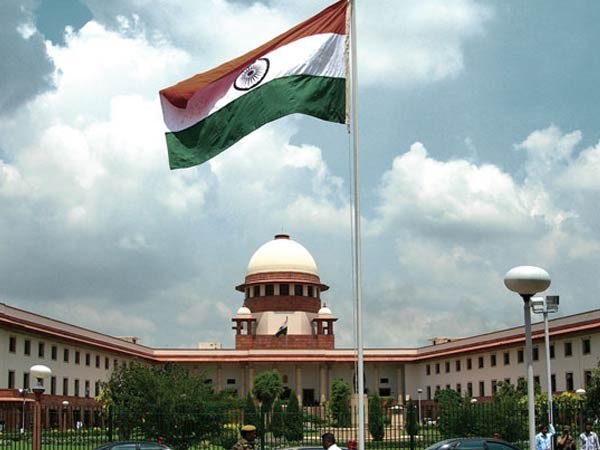
New Delhi [India], December 6 (ANI): The Supreme Court on Monday said that the Law Commission of India can consider an issue for appointment of a Dowry Prohibition Officer equivalent to a Right to Information (RTI) officer.
A Bench of Justices DY Chandrachud and AS Bopanna observed that dowry prohibition laws in India might need to be reinforced and strengthened, however, it was up to the legislature to do so and not the courts.
“You can address this to Law Commission so that changes are suggested in Dowry Law and maybe some amendments can be made,” the top court said.
“By issuing notice (on the petition), nothing will come out of it. Law Commission can look into it to strengthen the dowry prohibition law,” the Bench told advocate VK Biju who was appearing for the petitioners, highlighting the rise in dowry-related cases and deaths in Kerala.
It also granted liberty to the petitioners to file a representation before the Law Commission, the apex court said that while laws are important, changes have to come from within. “Change also has to come from within and how we treat a woman who comes into the family and the social importance of a woman. Reformers are looking into this too,” it added.
The top court was hearing a plea filed by Sabu Stephen and Fr. Geevarghese Thomas from Kerala and advocate Vijay Laxmi from Delhi seeking directions to appoint a Dowry Prohibition Officer equivalent to an RTI officer and other measures like pre-marriage counseling for couples and a pre-marriage counseling certificate to be made mandatory for registration of marriage.
During the hearing, advocate Biju argued that he was disturbed due to the situation in Kerala, police were suspended for not taking action in the dowry case of an Ayurveda doctor, it is an evil practice in Kerala. However, the Bench said it cannot issue directions to make pre-marriage counseling certificates mandatory for registration since it could have serious consequences.
Justice Chandrachud said, “India does not reside only in Kerala, Mumbai or Delhi. India also resides in villages and you will not get these curriculum experts in the villages. If we say marriage will not be registered unless a course is attended, it will have serious consequences. Think of what will happen to a hapless village woman who cannot attend this course.”
The apex court added that these are legislative matters and courts cannot enter this domain and disposed of the plea asking the petitioner to raise the issue before the Law Commission. “Issue order or any other writ thereby giving necessary directions that the dowry or the share of the family properties, vehicles, and other assets should be in the name of the woman only, at least for the first 7 years after the marriage and keep the appropriate Register in this regard by the all the concerned officers,” the plea said.
It further said, “There is a need to be a provision to issue “No Dowry Certificate” from the District or State Dowry Prohibition Officer, and the said “No Dowry Certificate” should be a mandate for marriage registration, Government employment, availing Government schemes, etc.” The plea stated various dowry death cases from Kerala and other parts of the country. (ANI)






